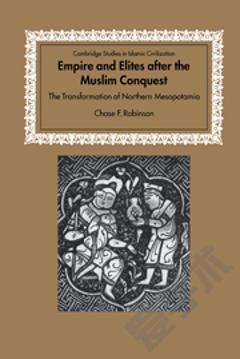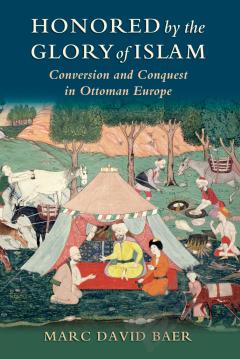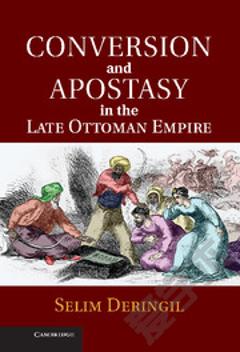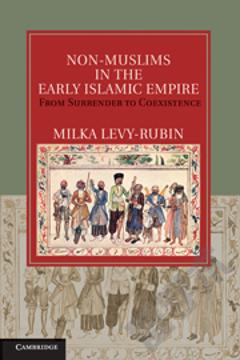Empire and Elites after the Muslim Conquest: The Transformation of Northern Mesopotamia
The study of early Islamic historical tradition has flourished with the emergence of an innovative scholarship no longer dependent on more traditional narratival approaches. Chase Robinson's book, first published in 2000, takes full account of the research available and interweaves history and historiography to interpret the political, social and economic transformations in the Mesopotamian region after the Islamic conquests. Using Arabic and Syriac sources to elaborate his argument, the author focuses on the Muslim and Christian élites, demonstrating that the immediate effects of the conquests were in fact modest ones. Significant social change took place only at the end of the seventh century with the imposition of Marwanid rule. Even then, the author argues, social power was diffused in the hands of local élites. This is a sophisticated study in a burgeoning field in Islamic studies.
{{comment.content}}








 京公网安备 11010802027623号
京公网安备 11010802027623号